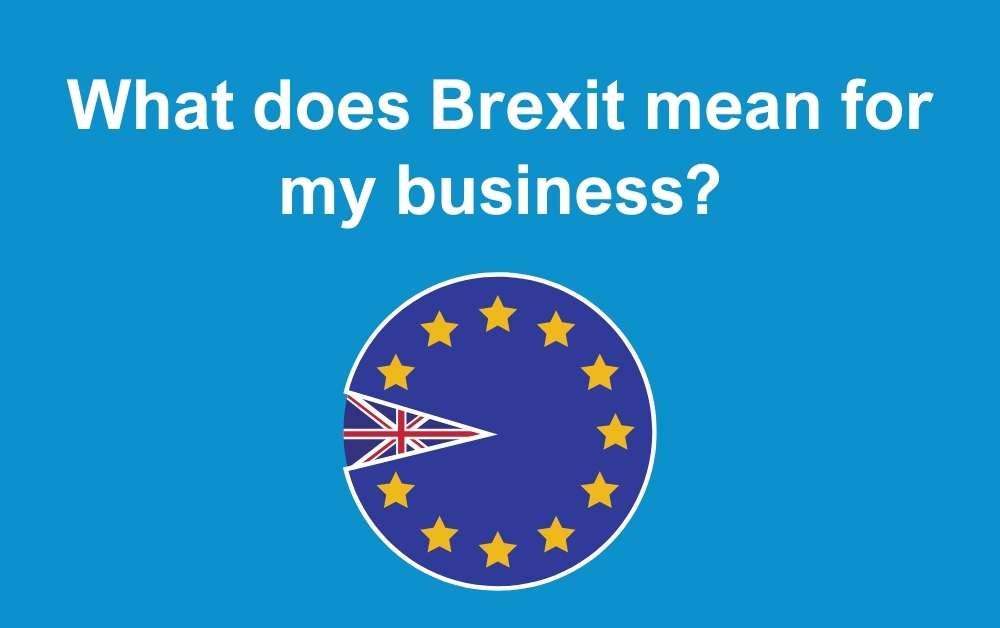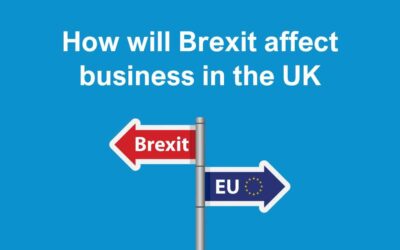So how does Brexit influence your business?
Firstly, leaving the EU can result in financial issues, particularly with the exit of the single market. With the removal of such arrangements as a result of Brexit, import tariffs will add up for UK organisations sourcing their resources from other EU countries. Many small or start-up businesses in this position will feel the impact of this the most, which threatens the financial status of their companies.
Currency instability is another factor here. Since it was announced that Britain would be leaving the EU, Sterling fell below the Euro and US. This can mean that business relationships with other EU nations can be hindered due to it now being more expensive for the UK to trade with these countries, however, the length of the impact of the referendum outcome on the pound is still to be determined.
It is important for UK businesses to take a look at their contracts with suppliers, distributors and agents in the EU. Again, as EU countries have free movement of goods without taxes, UK businesses will have to assess whether or not their contracts are financially viable to continue with, due to the likelihood of import tariffs in the near future. Many contracts would need to be suspended to examine circumstances, and likely result in termination.
Following this, managing the workforce is an important aspect for UK businesses. As the UK have chosen to leave the EU, citizens of other EU countries no longer have the right to travel to work in the UK. This means that employment contracts must be reassessed. If agreements are not put in place in the Government’s negotiations, EU nationals who are in UK businesses may have to return to their home country. This could apply to EU nationals coming to work in the UK in the future, making it more difficult to employ them. However, it is likely that freedom of movement arrangements will be put in place, meaning that this is unlikely.
In addition to the management of workforce, an overall change in HR practices is likely to. Since the win of the Leave campaign, businesses are concerned with the withdrawal of talent from European immigrants as a consequence of this. Therefore, UK businesses must be prepared for limits on who they can employ.
An important factor for businesses is Brexit’s impact on employment law. A significant proportion of the UK’s laws derive from those set by the EU. This covers; anti-discrimination laws, pregnancy and maternity rights, equal pay and so on. Several MPs have stated that working time and maternity rights should be part of renegotiation. This could involve a reduction in maternity rights, as well as potential abolition of the maximum 48 hour working week. This means that UK business owners may have to develop new policies, however many UK-developed laws will remain unchanged.
There will be no immediate change to UK business in the near future due to negotiations taking at least two years. Nevertheless, business owners must consider the repercussions of exiting the EU and have contingency plans in place in order to survive this financially volatile time.



